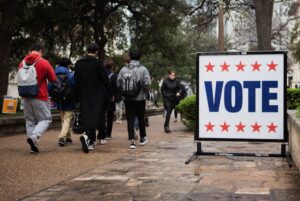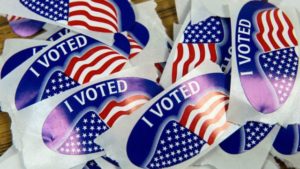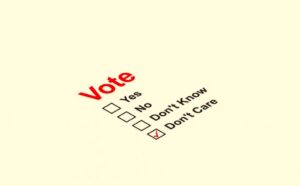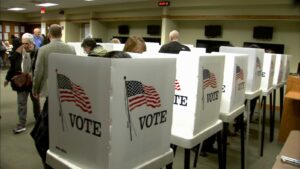For far longer than I dare remember I have been using my journalistic platform to counsel voters to turn out in any election that gets thrown before them.
My main target are the stay-at-homers who decide that their vote in local elections doesn’t matter. So, they figure, why bother?
Sigh. Groan. Scream at the top of my lungs.
We’re going to vote on Nov. 7 in communities across North Texas. Princeton voters are going to elect members to their school district board of trustees as well as to their city council. What’s more, Princeton voters will be asked to fill two new council seats that the enactment of a home-rule charter requires of City Hall.
Exciting times, yes? Hah!
My hunch is that the Princeton turnout will be less than 10% of those who are registered to vote. As bad as that turnout could be, it dives even lower when you factor in those who could vote but don’t even bother to register to do so.
I’ve been covering local elections in Texas since the spring of 1984. Two municipal elections stand out as outliers to the usual trend of pitiful voter participation.
One of them occurred in 1984, when I first arrived in Beaumont. Voters there cast ballots on a measure to rename a major thoroughfare after Dr. Martin Luther King Jr. Sixteen years after the great man’s murder and the city still hadn’t taken action to honor him for his noble work seeking justice for all Americans.
The measure failed, but by just a few votes. The turnout, though, far exceeded the norm, as it attracted more than 20% of the city’s registered voters. City leaders crowed about the turnout, ignoring the fact that the vast majority of their constituents still didn’t cast ballots on an issue that had produced a firestorm of debate and discussion.
FYI, the Beaumont council eventually did act and created a parkway in Dr. King’s honor.
My second example tracks the action taken by another Texas city to sell its publicly owned hospital to a private, for-profit health care provider. Amarillo voters in 1996 squabbled mightily over whether to sell Northwest Texas Hospital to Universal Health Care Inc.
That referendum passed and the turnout stood about 30% of registered voters. Once again, city leaders did their share of chest-thumping over a turnout that still told me that nearly seven out of 10 voters stayed home.
Turnouts vary from city to city. They generally run in these municipal elections at around 6 to 8%. And yet, these elections have far greater tangible impact on us than elections for president or Congress.
What the hell? I have said in every way possible that local voters either can make these decisions themselves or they can leave these decisions to their neighbors who might share a totally different view of how to run City Hall than they do.
Good government has a long way to go to become relevant at the local level.




